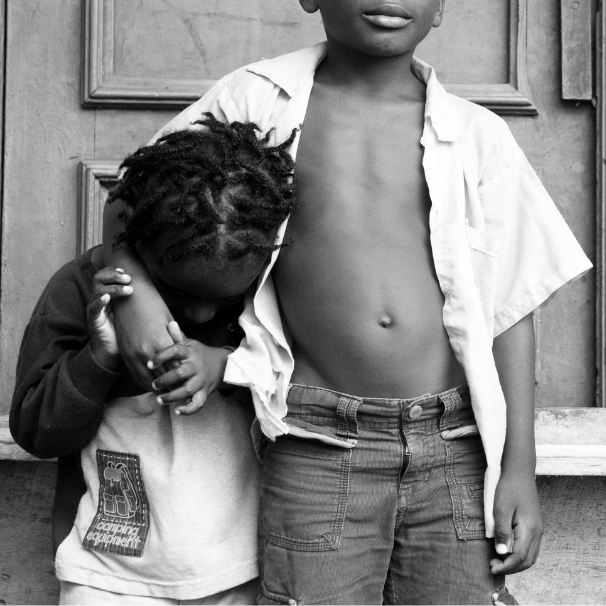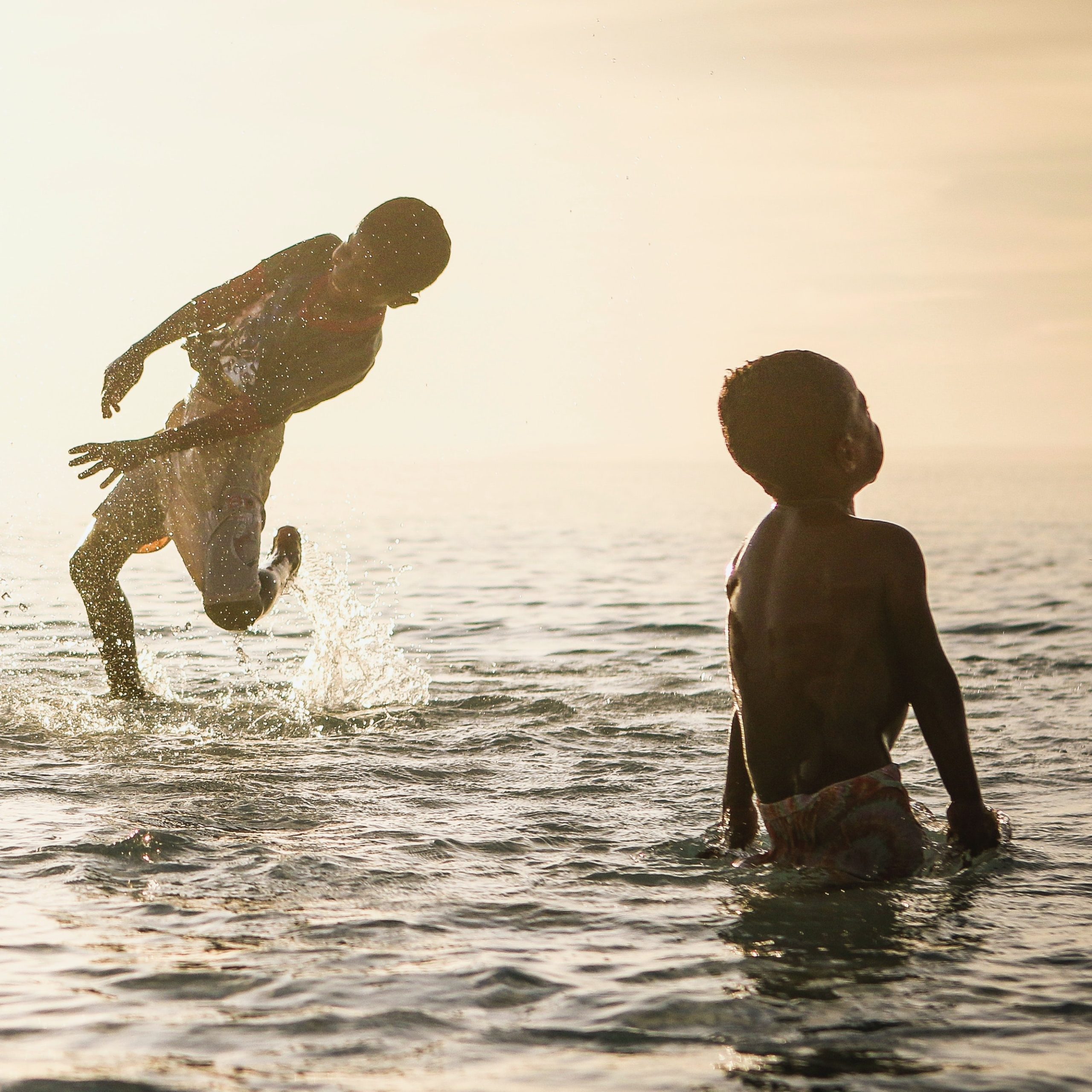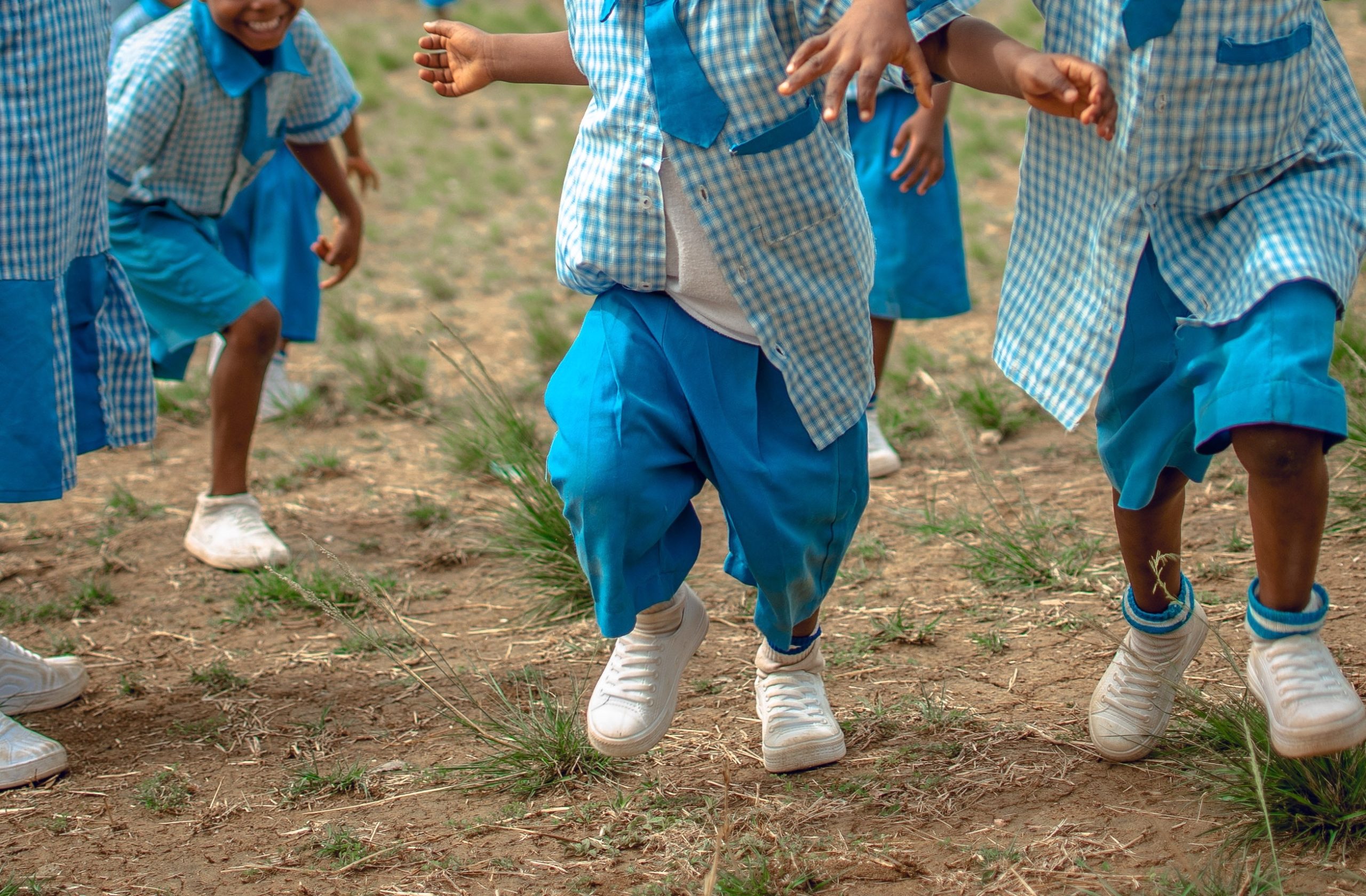The Global Boys Initiative’s newest report looks at the sexual exploitation of boys in The Gambia and reveals how ambiguity in current laws and rigid gender norms put boys at risk of sexual exploitation.
This is ECPAT’s seventh report under the Global Boys Initiative, following Belgium, Pakistan, Hungary, Thailand, South Korea, and Sri Lanka. The report, conducted together with the Child Protection Alliance, explores the factors that put boys in The Gambia at risk of sexual exploitation, uncovers the gaps in child protection legislation, and outlines what needs to change.
Our research included a comprehensive analysis of the Gambian legal framework, which addresses various crimes related to the sexual exploitation and abuse of children—with a focus on boys.

In Gambia, sexual acts with any child under 16 are criminalised.
Despite the fact that ‘child’ (defined as a boy or girl under the age of 18) is utilised as a gender-neutral term within Gambian legislation, certain laws offer added protection for girls—but harsher punishments for boys.
Although the age of consent is set at 16 for boys and girls, specific provisions outline the fact that sexual acts with girls between 16 and 18 years old may be criminalised. This means that boys of that age may be prosecuted for engaging in consensual sexual relationships with girls aged between 16 to 17.
In Gambia, boys under 12 are presumed to be incapable of having carnal knowledge (sexual intercourse). However, the Sexual Offences Act states that boys under 14 are capable of committing sexual crimes and should be treated as having full criminal capacity for such crimes. This is especially worrying, considering that boys as young as 12 could be punished for engaging in consensual sexual intercourse.
Positively, there are no statutory limitation periods for crimes related to the sexual exploitation of children in The Gambia. This is particularly important, as research shows that when sexually exploited children do disclose their abuse, it is often significantly delayed—especially in the case of boys.

Under the Criminal Code, sexual relations between people of the same sex are criminalised, with harsher punishments reserved for offences committed against a person under 18.
These kinds of laws are discriminatory towards people of diverse sexual orientations and identities. Fearing that they too would be treated as an offender rather than as a victim, these laws deter boys who have experience sexual exploitation from seeking help or support.
These discriminatory laws also extend to boys under 14 who have engaged in consensual sexual activities with another boy. Boys under 14 are considered capable of committing sexual crimes, they may be prosecuted for consensual relations under this current law.
Data from the International Telecommunication Union shows that the percentage of internet users in The Gambia has increased from 0.92% in 2000 to 51% in 2019. Such a sharp rise in children gaining access to digital spaces, has led to offenders shifting online, finding new ways to exploit children.
While the Gambian legislation contains some provisions which offer children protection from sexual exploitation online, it is not fully in line with international law, and significant gaps remain.
Current laws in The Gambia prohibit the production and distribution of child sexual abuse materials (CSAM) but fails to criminalise its possession. The lack of a clear definition of what constitutes CSAM also creates ambiguity about whether materials other than images or videos, such as audio material or digitally generated realistic images of non-existent children, would be criminalised.
Increased Internet usage has also resulted in the emergence of other forms of online child sexual exploitation, including live-streaming child sexual abuse and online grooming. No provisions currently exist to criminalise such offences, leaving children vulnerable to those who wish to exploit these wide gaps in the legislation.


Comprehensive and inclusive support services are critical to ensuring the recovery and reintegration of child victims of sexual exploitation.
Gambian legislation outlines rehabilitation and recovery services requirements, including counselling, employment opportunities, financial assistance, and access to compensation. However, this only applies to victims of child trafficking, and not for children who have been victims of all crimes related to sexual exploitation.
Data collected for The Gambia Boys Report reveals that ambiguity in current laws and strict beliefs on gender can put boys at increased risk of sexual exploitation. Discriminatory views on gender may also lead to harsher punishments for same-sex partners.
Some of the recommendations outlined in this report include:

Read: Are Boys in Belgium sufficiently protected from sexual exploitation?
Read: Boys in Pakistan are subjected to harmful social and gender norms
Read: Boys in Hungary are rarely perceived as victims of sexual exploitation
Read: Boys in Thailand would stop selling sex if they could
Read: Boys in South Korea don’t know who to tell when they’ve been sexually abused
Read: Boys in Sri Lanka have little choice but to adapt to abuse
About ECPAT’s Global Boys Initiative
Listen:
Comment, like and share to help us get the word out! #ECPATBoysStudy
Twitter | Facebook | Instagram | Linkedin